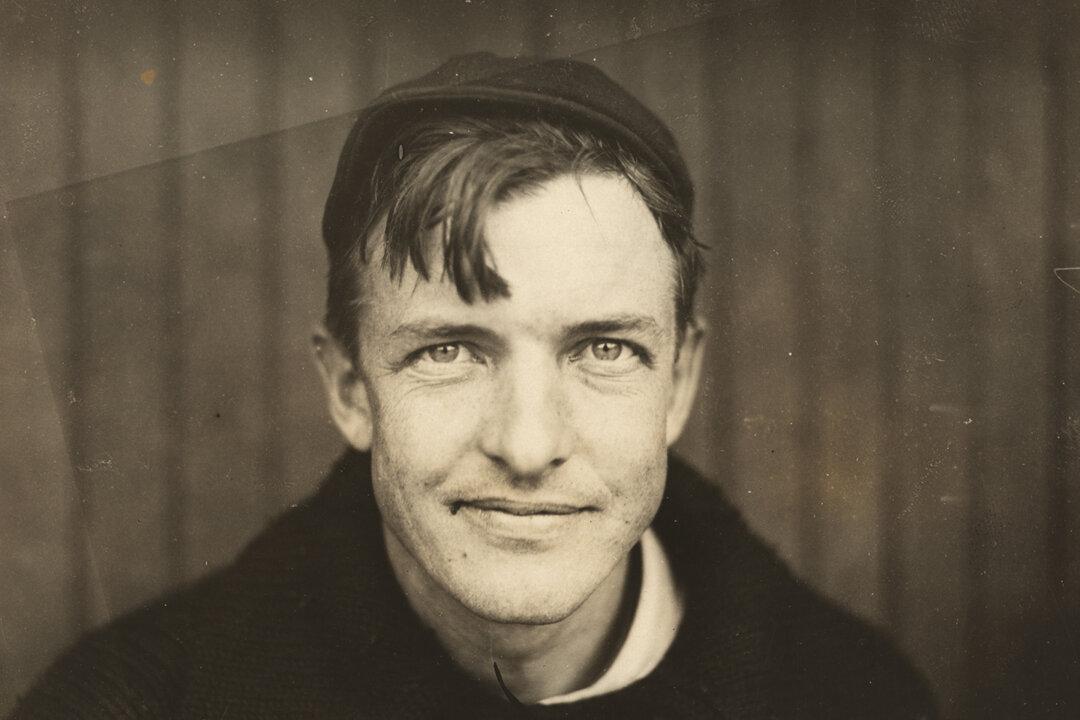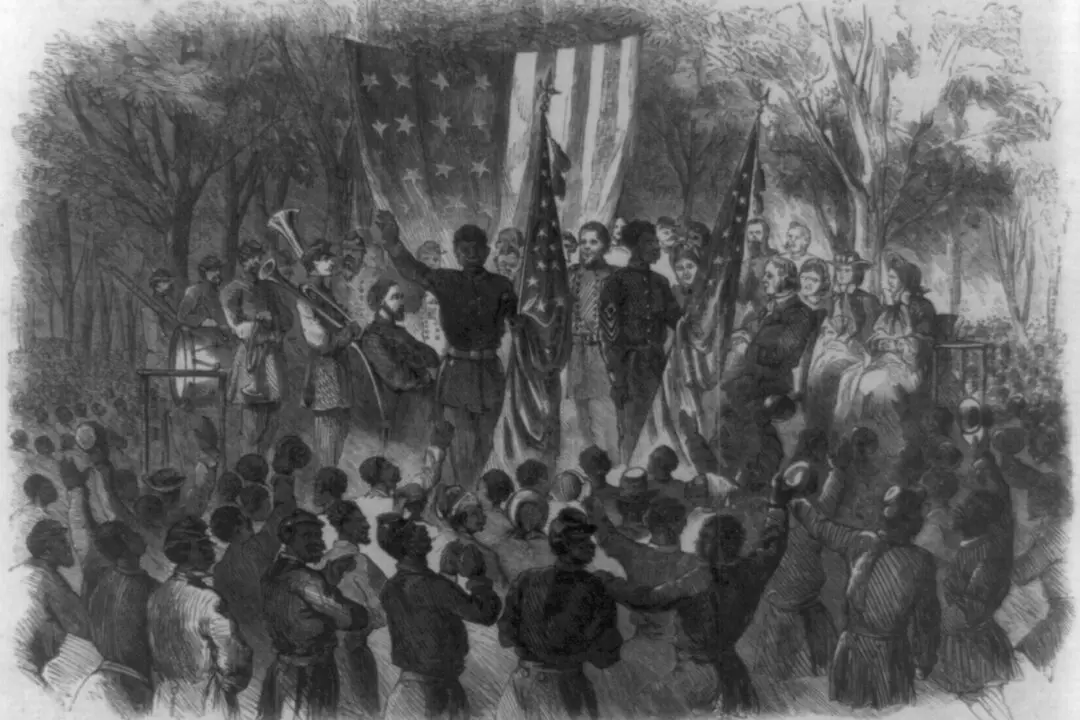As soon as baseball star Christopher “Christy” Mathewson (1880–1925) stepped onto the mound, his presence demanded attention. The large, clean-cut pitcher changed professional baseball forever through his stellar play on the field and his conduct off of the field. Many consider him the first “Face of Baseball.”
Mathewson was born in 1880 in Factoryville, Pennsylvania, where he excelled at sports at a young age due to his size; the other children called him “Husk.” He started pitching for a local semiprofessional baseball team when he was only 14 years old. He also played other sports; he was even a star fullback and punter while attending Bucknell University. After college, he had a brief stint in professional football, but he would end up following his true passion—baseball.






